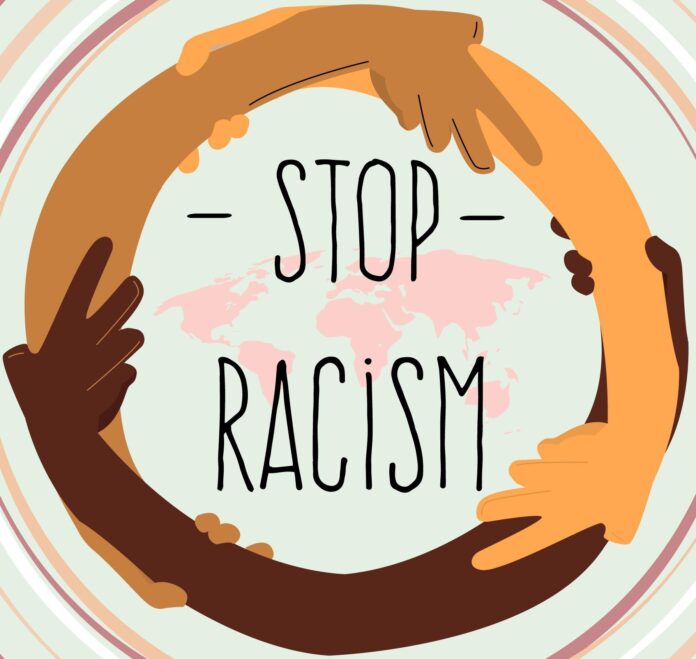On March 16, 2021, eight people were killed in shootings at massage parlors in the Atlanta area — most of the victims were women of Asian heritage. The attack put a spotlight on a surge in hate crimes against Asian people in the U.S. since the start of the COVID-19 pandemic. Claims by major media outlets, like this one from NPR, say that attacks on Asian Americans have risen since the start of the pandemic. These claims are true. A study published in March 2021 by California State University, San Bernardino’s Center for the Study of Hate and Extremism found that hate crimes reported to police departments in the 16 largest U.S. cities in 2020 increased by 149%.
Intially discovered in Wuhan, China in 2019, the virus has been referenced as the “Chinese virus” by leaders such as U.S. President Donald Trump.* The use of such terminology by some leaders could be construde as anti-Asian sentiment. Stop AAPI Hate, a coalition that tracks incidents of harassment against Asian Americans in the U.S., reported nearly 3,800 instances of discrimination against Asians in the past year.
In a study published on Thursday in the American Journal of Public Health, researchers tracked the number of anti-Asian hashtags on Twitter that were used together with the neutral hashtag #covid19 compared with #chinesevirus. They found evidence of an association between the latter phrase and anti-Asian language. Half of the tweets that used #chinesevirus included anti-Asian hashtags while only 20% of those that used #covid19 included anti-Asian hashtags.*
Christine Bacareza Balance, director of the Asian American Studies Program and professor of performing & media arts at Cornell University, says such violent acts are a part of the white supremacist systemic violence against Black, indigenous, and all other communities of color.
Shannon Harper, assistant professor at Iowa State University recently was involved in a study looking at how anti-Asian hate crimes during the COVID-19 pandemic have furthered the historical “othering” of Asian Americans and reproduced inequalities. “COVID-19 has allowed for racism and xenophobia to spread because the majority population looks for someone to blame who looks or seems inherently different from themselves, which may be why anti-Asian hate crime appears to have increased during the pandemic,” Harper said.
*https://www.washingtonpost.com/nation/2021/03/19/trump-tweets-chinese-virus-racist/
*https://www.usatoday.com/story/news/nation/2021/03/18/anti-asian-hashtags-donald-trump-covid-19-tweet-study/4728444001/
Story Credit: Craig Jones/Newswise
Photo Credit: Freepik



































